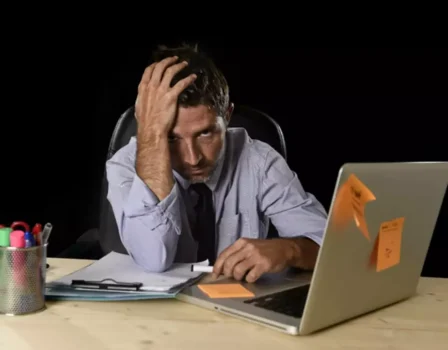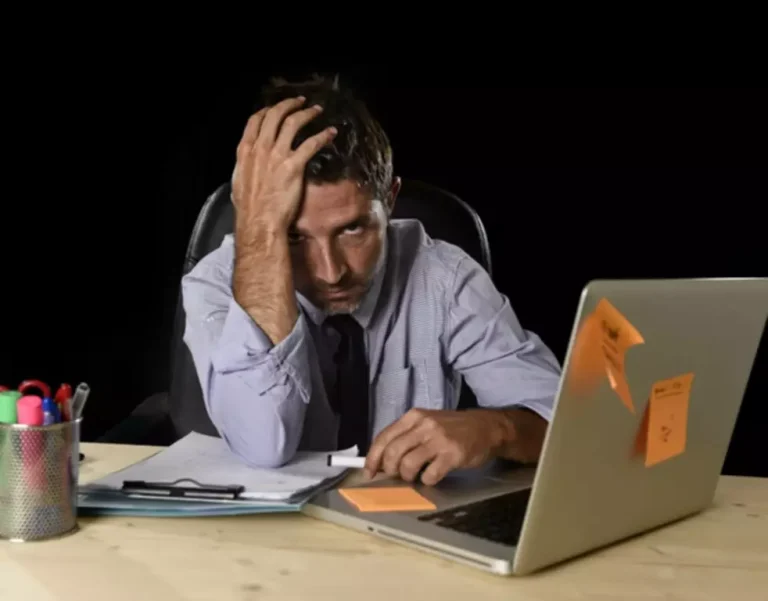Address
304 North Cardinal
St. Dorchester Center, MA 02124
Work Hours
Monday to Friday: 7AM - 7PM
Weekend: 10AM - 5PM
Address
304 North Cardinal
St. Dorchester Center, MA 02124
Work Hours
Monday to Friday: 7AM - 7PM
Weekend: 10AM - 5PM

And while you might think that a glass or two to take the edge off the day can’t hurt, you should know that it doesn’t take much alcohol to change your sleep patterns and harm your health. Binge drinking or excessive alcohol consumption is likely to negatively impact sleep more than light or moderate drinking. Because alcohol’s effects vary for each person, even small amounts can worsen sleep quality for some people. “Even if alcohol initially helps someone fall asleep, they may wake up many times throughout the night or not get into a deep sleep,” she continues. Though alcohol can have a sedative effect, it has also been linked to sleep disorders like insomnia.
Even if it doesn’t present as a full-fledged hangover, alcohol-related sleep loss negatively affects mood and performance. The liver acts as a filtering system for the body, helping metabolize food and chemicals (including alcohol itself), and pulling toxins from the bloodstream. Like nearly all of the body’s organs, the liver functions according to circadian rhythms. Alcohol interferes with these circadian rhythms regulating the liver, and can contribute to compromised liver function, liver toxicity, and disease. Consuming two servings of alcohol per day for men and one serving for women can reduce sleep quality by 9.3%.


During a normal night of sleep, we cycle through periods of light sleep, deep sleep, and rapid eye movement (REM) sleep. Each sleep stage plays an essential function, but deep sleep and REM sleep are considered the most important stages for physical and mental restoration. Though these suggestions may help you get through the night a bit more painlessly, they won’t reverse the impact alcohol has on sleep quality. The best way to protect sleep is to cut off your drinking earlier in the day or forgo drinking entirely. Because alcohol affects everyone differently, even a tiny amount of alcohol can lead to poor sleep quality.
However, as the alcohol’s effects start to wear off, the body spends more time in light sleep, which is not as sound and may lead to more nighttime awakenings. Halfway house As a result of these frequent awakenings, people tend to clock fewer hours sleeping after drinking alcohol. Anyone who has experienced a restless night after a few drinks can attest to alcohol’s disruptive effect on sleep. Though alcohol can increase drowsiness and reduce the time it takes to fall asleep, it can ultimately reduce sleep quality and change sleep patterns.
Drinking alcohol can affect the quality and length of your sleep, leading to sleep disorders — such as insomnia and sleep apnea — in some. If a person chooses to consume alcohol, drinking in moderation several hours before bed is the best practice for avoiding sleep disturbances. Individuals living with AUD experience much poorer sleep quality than =https://ecosoberhouse.com/ those who consume moderate amounts of alcohol. However, in the second half of a night’s sleep, alcohol diminishes the amount of REM sleep.
People with alcohol in their systems are also generally harder to wake, which means that they’re less likely to experience “arousals” that help them recover from OSA- and CSA-related pauses alcohol insomnia in breathing. Answer three questions to understand if it’s a concern you should worry about. Although there’s no evidence that alcohol can cause narcolepsy (sleepwalking), it does disrupt REM sleep, which may make the onset of sleepwalking more likely.

Lifestyle changes such as avoiding alcohol hours before sleep may be sufficient for treating mild, short-term insomnia. A 2019 study showed that individuals who sleep for under 6 hours each night have a 20% higher chance of heart attack than individuals who sleep between 6 and 9 hours. So while cutting out drinking will likely benefit your sleep, there may be other factors affecting your shuteye.
The link between alcohol consumption and sleep impairment is especially prominent among older adults. Researchers discourage older adults — particularly men — from using alcohol as a sleep aid. If you’re turning to alcohol to help you sleep, you may be making the quality of your sleep worse. Many of us find ourselves tossing and turning at night, trying to get that elusive 7 to 8 hours of sleep experts say we need but never finding it.
While alcohol can help you fall asleep, it does not help you stay asleep during the later hours of the night. It may increase the likelihood of waking up in the middle of the night, resulting in grogginess the next morning. Some people may resort to drinking alcohol as a sleep aid or agent that initiates sleep. However, even small amounts of alcohol can have noticeable effects in some people. They may turn to alcohol to reduce their anxiety symptoms, which also increases insomnia, exacerbating their anxious feelings.
The homeostatic drive prompts sleep by boosting levels of adenosine when we’ve been awake for too long. However, researchers do not agree on how alcohol interferes with REM sleep. Research from 2020 states that alcohol reduces sleep quality, and while it may not significantly reduce REM sleep, there is dysregulation. Alcohol may also result in suppressed REM sleep in the short term. Ultimately it can make some people more vulnerable to sleep apnea or exacerbate the symptoms for those who already have it.